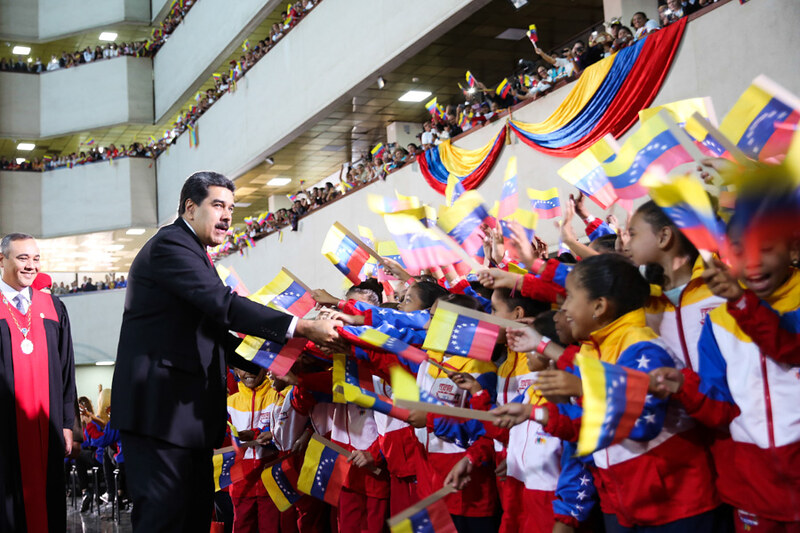Secondary menu
Working Group: The Venezuela Accountability Project
Investigating crimes against humanity with a collaborative spirit

Executive Director: Jean-Pierre D’Angelo (3L)
Members: About 20 students, including 1Ls, upper-year JD students, LLM students, and SJD students.
What is the objective of your working group?
International criminal law litigation frequently unfolds in large, multi-year trials or investigations at various international bodies, such as the International Criminal Court or the International Court of Justice. But what most folks don’t see are the years (even decades) of preparatory work that go behind bringing violent state actors to justice. War crimes and crimes against humanity are some of the most notorious yet difficult to prove criminal offences, simply due to how widespread their effects are. Hundreds, thousands, or even millions of people can be affected by wanton state violence and coercion. This, in turn, leads to a dearth of documentary and witness evidence that the relatively small prosecutorial teams at international courts struggle to work through on their own.
The Venezuela Accountability Project (VAP), in partnership with the Global Accountability Network (GAN), aims to help. By collecting, compiling, and analysing evidence of crimes against humanity, VAP provides prosecutors and non-state actors around the globe with a simplified, comprehensive, and legally-thorough analysis of the events that took place in Venezuela under the Maduro regime. We look at the potential crimes committed and what can still be done about them.
What kind of work are members of your working group engaged in?
Our Investigations Team compiles and analyses evidence showing who may be responsible for what crimes against humanity in Venezuela. Our Intelligence Team works on long-term legal research projects that aim to empower third parties to understand international law and how it can be used to seek justice for victims.
VAP offers the opportunity to not only work on real cases, but also to contribute to an increasingly large legal effort that addresses the rampant physical, sexual, and political crimes committed against the Venezuelan people.
What is the current relevance of your working group?
This project’s relevance today is two-fold. First, it directly contributes to the increasingly important and notable effort to address crimes against humanity in Venezuela, which have only been exacerbated in recent years.
Second, VAP and GAN approach our work critically, aware of our position and privilege in the world. Much of our work is inspired by and done in tandem with grassroots activists in Venezuela and across Latin America. VAP attempts not to be a mere exercise of Western imperialism under the guise of human rights advocacy. Rather, the project is a collaborative effort to lend collective resources to where they are most needed. In doing so, I think VAP symbolizes a positive step forward for both the praxis of international law and the role of North American institutions therein.
Learn more about the Venezuela Accountability Project from our 2020 interview with Research Associate Ashley Major at https://ihrp.law.utoronto.ca/venezuela-accountability-project-interview-ashley-major.
